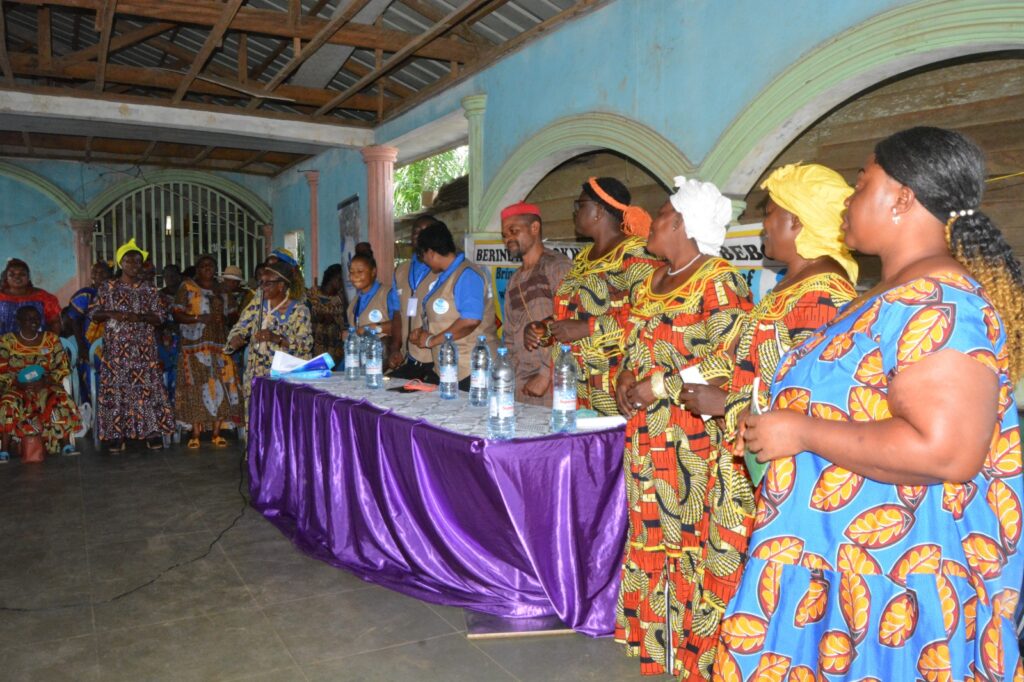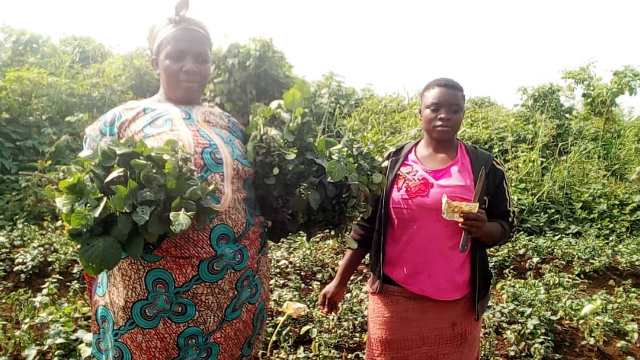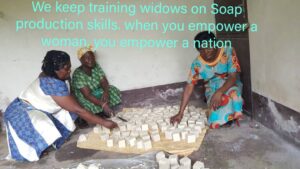Widowhood rites and practices, once widespread, are seeing a decline in urban areas but remain prevalent in rural Cameroon. These rituals, coupled with societal neglect, continue to burden widows. Despite some reduction in harsh practices, many widows face ongoing neglect and lack of support from their families and communities.
In an interview with Janet, a widow from Muea, a locality in Buea, severely impacted by the Anglophone crisis in southwest Cameroon, she shares her experiences of neglect and hardship. Janet, now 44, lost her husband in a car accident in June 2019. With four children to care for, she received no support from her husband’s family. Instead, they demanded compensation from the driver involved in the accident, extorting five hundred thousand francs, which was then distributed among her husband’s family, leaving Janet without any financial aid.
Janet’s struggle for survival and her determination to provide for her children is both heart-wrenching and inspiring. With minimal support from both her husband’s family and her own, she relies on farming and trading (buyam sellam) to generate income. Despite her challenges, Janet has managed to send her children to school, spending nearly four hundred thousand francs annually on school fees alone, excluding house rent and other necessities.
Over the past five years, Janet has saved enough money to purchase a piece of land and is close to completing the construction of a house. She hopes to finish the house by the fall of 2025, providing a secure home for her children and ensuring they have shelter if she is no longer able to care for them.

“My elder sister collects rent from me even after my husband’s demise, knowing well that I have four kids to send to school with no constant source of income,” Janet complains bitterly. She also faces significant challenges due to the economic downturn caused by the ongoing crisis. Neglected by both her husband’s family and her own, Janet finds an unexpected source of support from the man accused of causing her husband’s death. At the start of each academic year, he sends fifty thousand francs, easing her financial burden slightly. “It is surprising that I receive help from an unexpected source,” Janet remarks.
The economic plight of widows in Cameroon is alarming. Negligence profoundly affects their psychological well-being. Janet’s story highlights the urgent need for support and attention for these women. Applauding the efforts and resilience of widows like Janet is crucial. Economic empowerment is the key to their survival and success.




